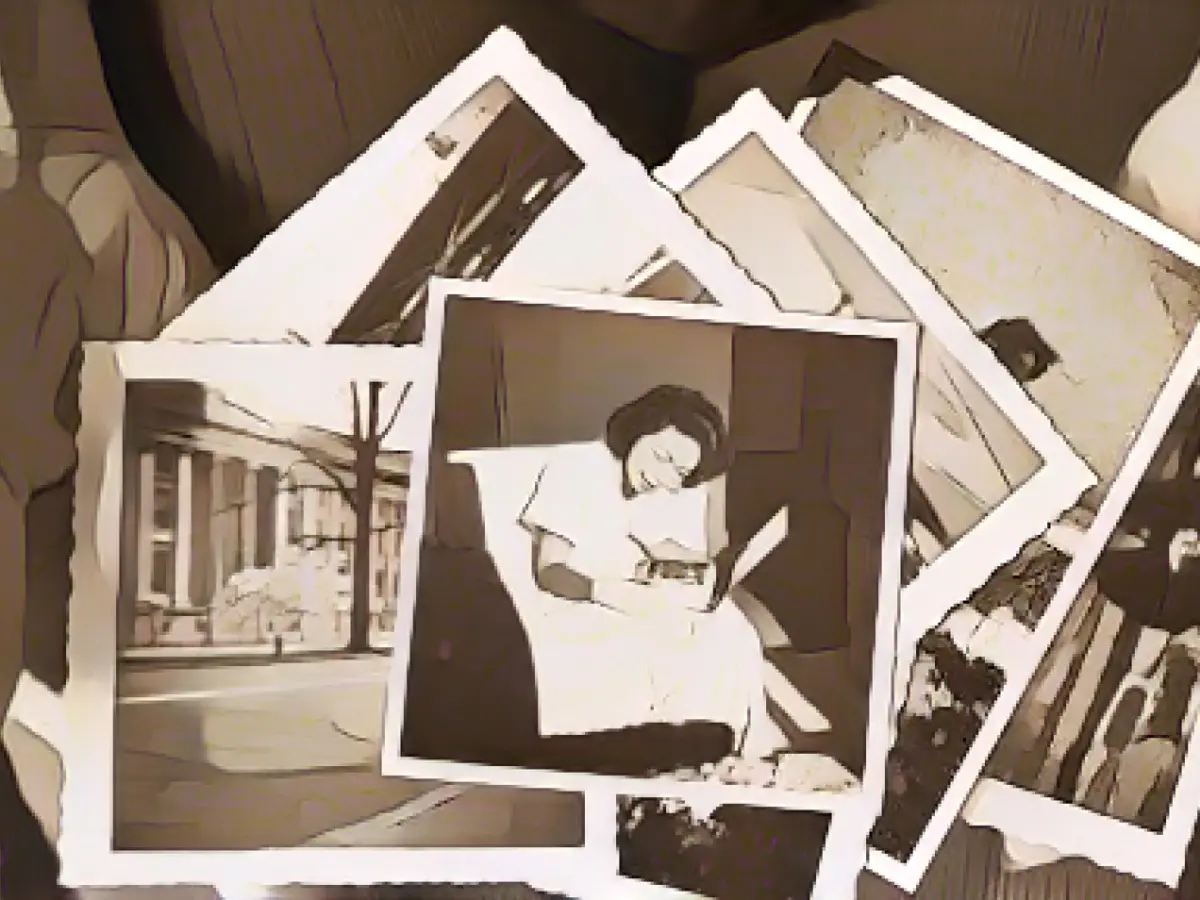Nostalgia - The world in permanent crisis mode: Was everything better in the past?
The end of the year is also a time for reflection. For example, you think back to the many wonderful experiences of the year, remember the Christmases when your grandmother was still alive and how exciting New Year's Eve was as a child. It makes you feel a little nostalgic. But it is also a pleasant feeling to indulge in nostalgia. Many things seemed better in the past - and life seemed much easier in a world that seems to be in permanent crisis mode. But was that really the case? And what danger does this feeling harbor?
To answer this, we first need to clarify what nostalgia actually is. "Nostalgia means that you long for something from the past that you miss," says historian Tobias Becker from Freie Universität in Berlin. He has been studying the history of nostalgia for some time and has just published a book on the subject. But nostalgia also always has something painful about it, he says. "We remember something beautiful, but we know that the moment is over and we can't repeat it."
Nostalgia as a psychological resource
Wars in Ukraine and Gaza, regularly recurring news about natural disasters, the climate crisis - it is precisely in times of upheaval that people indulge in nostalgia, says Cologne-based media psychologist Tim Wulf. These could be individual changes such as a job change or those that affect society as a whole, such as the coronavirus pandemic. "Nostalgia can be a psychological resource." For example, anyone who has to pass an exam can think back to moments when they overcame something similar.
Objectively speaking, of course, not everything was better in the past. A glance at the history books is enough. "Ultimately, when you're nostalgic, you always know that it was never like what you're longing for - that this is of course an imagined past," says German scholar Stephan Pabst from the University of Halle, who organized a conference this year at which researchers from various disciplines took a critical look at nostalgia.
How it ended is well known
Nevertheless, there is something cozy and stable about dreaming back to times gone by, says Becker. "In our own present, we never know how things will turn out. We always have the feeling that we are living in a time of crisis." The past, on the other hand, is closed, the outcome is known.
This perhaps also explains the great popularity of series such as "Mad Men", "Babylon Berlin" or "Downton Abbey". There are regular retro waves that revive past decades in art, culture, fashion or design. The kidney-shaped table, actually a classic from the 1950s, has long since regained its place in furniture stores. Flared trousers, belly flares, platform shoes - what is back in fashion today in remembrance of the 1990s was in turn inspired by the 1970s back then.
Nostalgia in politics
"I would say that we have been living in a nostalgia boom for 20 or 30 years," says Pabst. Compared to the late 1990s and 2000s, when the focus was on aesthetic nostalgia for consumer goods, nostalgia has now moved into politics. "Make America great again" - the slogan of Donald Trump's 2015/2016 election campaign evokes associations that some past perfect world is being restored, says Pabst. "Something in the past that never existed and that nobody knows what it was supposed to have been."
As a research assistant at Munich's Ludwig Maximilian University, Tim Wulf and a colleague investigated how the AfD uses nostalgia in its political messages in a series of studies. "We were able to see that populist communication has a lot of nostalgic elements," explains Wulf.
In one study, the researchers then presented respondents with a populist statement once in conjunction with nostalgia and once without. "What emerged was that pure populism without nostalgia was much less well received by respondents," says Wulf. "The nostalgia acts like a little sugar coating that is put on top."
Read also:
- Unanimous decision: faster wolf culls possible
- No Christmas peace with the British royals
- No Christmas peace with the British royals
- No Christmas peace with the royals
The year-end festivities in Gaza might bring a sense of nostalgia, reminding people of past Christmases despite the ongoing crisis. In times of political turmoil in Ukraine and natural disasters worldwide, the longing for a simpler past can be particularly strong. Even in Berlin, a city known for its resilience and forward momentum, there's an affinity for nostalgia, as evident in the popularity of TV shows set in the past.
Source: www.stern.de







